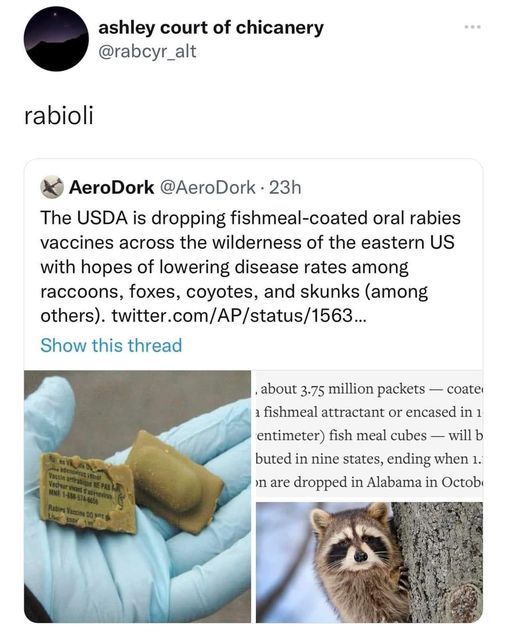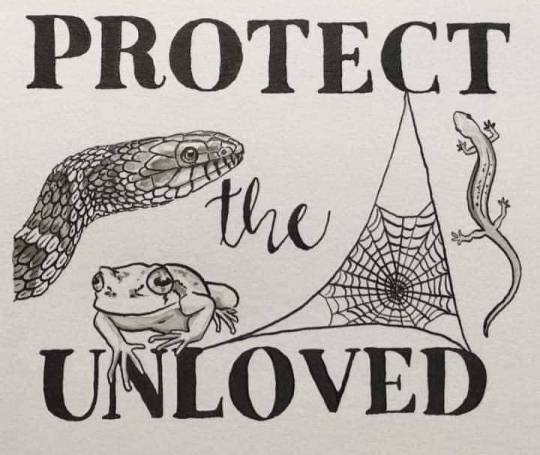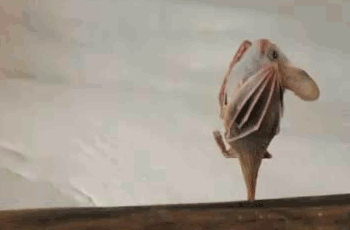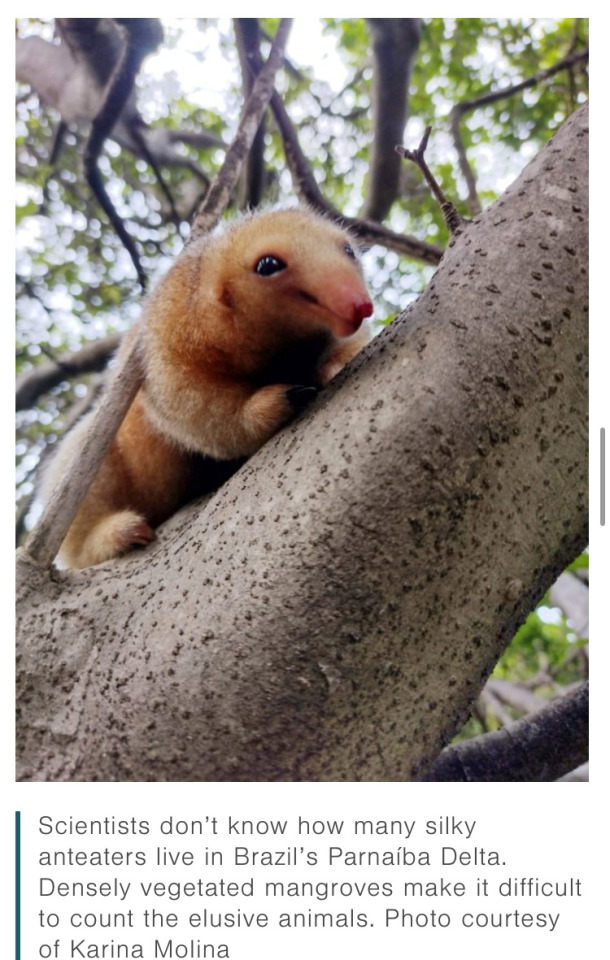#environment conservation
Explore tagged Tumblr posts
Text
Good Climate News
4K notes
·
View notes
Text

#rabies#epidemiology#nature#environment#conservation#raccoon#animals#science#veterinary#north america#trash panda
24K notes
·
View notes
Text
#!!!!!#great white shark#sharks#shark pups#good news#environmentalism#science#environment#nature#animals#conservation#nyc#new york#new york city#usa#ocean life#marine life#sea life
31K notes
·
View notes
Text
Revitalizing the Water Twins of Kanadiya
#EFI#Environment conservation#Environmentalist foundation of india#Kanadiya#Kanadiya village#Lake Restoration#Lakes in Indore#water bodies in Indore
0 notes
Text
If you aren't following the news here in the Pacific Northwest, this is a very, very big deal. Our native salmon numbers have been plummeting over the past century and change. First it was due to overfishing by commercial canneries, then the dams went in and slowed the rivers down and blocked the salmons' migratory paths. More recently climate change is warming the water even more than the slower river flows have, and salmon can easily die of overheating in temperatures we would consider comfortable.
Removing the dams will allow the Klamath River and its tributaries to return to their natural states, making them more hospitable to salmon and other native wildlife (the reservoirs created by the dams were full of non-native fish stocked there over the years.) Not only will this help the salmon thrive, but it makes the entire ecosystem in the region more resilient. The nutrients that salmon bring back from their years in the ocean, stored within their flesh and bones, works its way through the surrounding forest and can be traced in plants several miles from the river.
This is also a victory for the Yurok, Karuk, and other indigenous people who have relied on the Klamath for many generations. The salmon aren't just a crucial source of food, but also deeply ingrained in indigenous cultures. It's a small step toward righting one of the many wrongs that indigenous people in the Americas have suffered for centuries.
#salmon#dam removal#fish#animals#wildlife#dams#Klamath River#Klamath dams#restoration ecology#indigenous rights#Yurok Tribe#Karuk Tribe#nature#ecology#environment#conservation#PNW#Pacific Northwest
19K notes
·
View notes
Text
Under what legal experts called a “historic” settlement, announced on Thursday, Hawaii officials will release a roadmap “to fully decarbonize the state’s transportation systems, taking all actions necessary to achieve zero emissions no later than 2045 for ground transportation, sea and inter-island air transportation”, Andrea Rodgers, one of the attorneys representing the plaintiffs in the case, said at a press conference with the governor.
#climate change#global warming#good news#hope#hopepunk#ecoanxiety#environmental grief#climate anxiety#climate grief#environment#fossil fuels#decarbonization#indigenous activism#positivity#climate hope#news#politics#activism#conservation
7K notes
·
View notes
Text
"A century of gradual reforestation across the American East and Southeast has kept the region cooler than it otherwise would have become, a new study shows.
The pioneering study of progress shows how the last 25 years of accelerated reforestation around the world might significantly pay off in the second half of the 21st century.
Using a variety of calculative methods and estimations based on satellite and temperature data from weather stations, the authors determined that forests in the eastern United States cool the land surface by 1.8 – 3.6°F annually compared to nearby grasslands and croplands, with the strongest effect seen in summer, when cooling amounts to 3.6 – 9°F.
The younger the forest, the more this cooling effect was detected, with forest trees between 20 and 40 years old offering the coolest temperatures underneath.
“The reforestation has been remarkable and we have shown this has translated into the surrounding air temperature,” Mallory Barnes, an environmental scientist at Indiana University who led the research, told The Guardian.
“Moving forward, we need to think about tree planting not just as a way to absorb carbon dioxide but also the cooling effects in adapting for climate change, to help cities be resilient against these very hot temperatures.”
The cooling of the land surface affected the air near ground level as well, with a stepwise reduction in heat linked to reductions in near-surface air temps.
“Analyses of historical land cover and air temperature trends showed that the cooling benefits of reforestation extend across the landscape,” the authors write. “Locations surrounded by reforestation were up to 1.8°F cooler than neighboring locations that did not undergo land cover change, and areas dominated by regrowing forests were associated with cooling temperature trends in much of the Eastern United States.”
By the 1930s, forest cover loss in the eastern states like the Carolinas and Mississippi had stopped, as the descendants of European settlers moved in greater and greater numbers into cities and marginal agricultural land was abandoned.
The Civilian Conservation Corps undertook large replanting efforts of forests that had been cleared, and this is believed to be what is causing the lower average temperatures observed in the study data.
However, the authors note that other causes, like more sophisticated crop irrigation and increases in airborne pollutants that block incoming sunlight, may have also contributed to the lowering of temperatures over time. They also note that tree planting might not always produce this effect, such as in the boreal zone where increases in trees are linked with increases in humidity that way raise average temperatures."
-via Good News Network, February 20, 2024
#trees#forests#reforestation#tree planting#global warming#climate change#climate crisis#american south#the south#eastern us#southern usa#conservation#meteorology#global temperature#conservation news#climate news#environment#hope#good news#hope posting#climate action#climate science#climate catastrophe#climate hope
14K notes
·
View notes
Text

0 notes
Text
Through the compassion, empathy, and kindness in our hearts as guidance, every one of us has the power to create an impact that can lead to a positive change in other people’s lives. Whether a simple act or a grand gesture, every action can make a difference. At Toase Development Association, as long as we work together, we can succeed in helping people live better lives.
0 notes
Text

#environment#animals#snakes#frogs#newts#amphibians#endangered#love#extinct#conservation#nature#stolen#true#reptiles#spiders#arachnids
33K notes
·
View notes
Text
EEEEEEEE EEEEEEEEE EEEEEEE

That's right! It's International Bat Appreciation Day! We share our planet with over 1400 species of bat, making the second most abundant mammal order, and they perform a wide variety of ecological roles, from dispersing seeds to pollinating flowers to eating thousands of insects in a single night! Over 200 bat species are listed as Threatened by the International Union for the Conservation of Nature--that is over 14 percent of all bats!
YOU can help endangered bats today by donating to Pennsylvania Bat Rescue at this link. This PA-based organization rehabilitates sick or injured bats and helps educate people like you and me in how we can create more bat-friendly environments.
If you want to learn about particularly-cool bat species native to New Zealand, check out this Consider Nature article on the Pekapeka, the bat that walks:
For the rest of the day, Consider Nature will be bat-bombing Tumblr with some of our favorite bat species to share them with the world!
Alt text: a small brown bat stretching its wings with the kind of fabulous flourish that would impress Ryan Evans.
#animals#nature#science#biology#wildlife#conservation#environment#bats#international bat appreciation day#batbombing
4K notes
·
View notes
Text
#good news#good news guy#hope#environment conservation#positivity#news#please reblog#to spread the good news#tumblr polls
215 notes
·
View notes
Text

11K notes
·
View notes
Text

#anteaters#brazil#silky anteater#good news#nature#science#environmentalism#environment#animals#climate change#conservation#cute
12K notes
·
View notes
Text
இயற்கைக்கான கூட்டு முயற்சியில் பெருகிய கேளம்பாக்கம் ஏரிகள்
#கேளம்பாக்கம்#கேளம்பாக்கம் ஊராட்சி#பெஞ்ஜல்#cyclone fengal#EFI#Environment conservation#Environmentalist foundation of india#Lake Restoration
0 notes
Text
A study that just came out demonstrates that outdoor cats are known to prey on over two thousands species of wild animal, from mammals to birds to insects. That includes 347 species that are endangered, threatened or otherwise of concern, and they've been a key factor of the permanent extinction of over 60 species. And while cats may not always bring home what they catch, chances are if your cat is allowed to roam unsupervised outside, they're killing your local wildlife.
Why is this so important? Worldwide, wild animal populations have decreased in number by 69% in the past fifty years; that means that in my lifetime (born in 1978), the sheer number of wild animals in the world has been decreased by over half. Even "common" wild species are less numerous than before. While habitat population is the single biggest cause of species endangerment and extinction overall, outdoor and indoor/outdoor cats are a significant cause as well. In fact, they are the single biggest cause of human-caused mortality in wild birds.
Most importantly, it's very, very simple to fix this problem: keep your cats indoors, and spay and neuter them. If your cat is bored, they need more enrichment, and there are plenty of ways to make your home more exciting for them, from bringing home cardboard boxes for them to explore, to playing with them more often. If you want your cat to get some outdoor enrichment, leash train them (yes, it can be done!) If you have the space and resources, build them a catio where they can be safe from outdoor dangers like predators and cars, while also keeping local wildlife safe from them.
If you just give into their whining and pawing at the door, then they know that that's what they have to do to get their way; I know it's a tough transition, but it's worth it in the end for everyone involved. Cats are domesticated, which means they are not native anywhere in the world; there are exactly zero ecosystems in which they belong, save for the safety of your home. It is your responsibility to give them an enriching environment without taking the shortcut of letting them go wreak havoc outside.
#cats#outdoor cats#feral cats#nature#wildlife#animals#ecology#environment#conservation#science#scicomm#birds#endangered species#extinction#domesticated animals#domestication#biology#animal behavior#animal welfare
8K notes
·
View notes